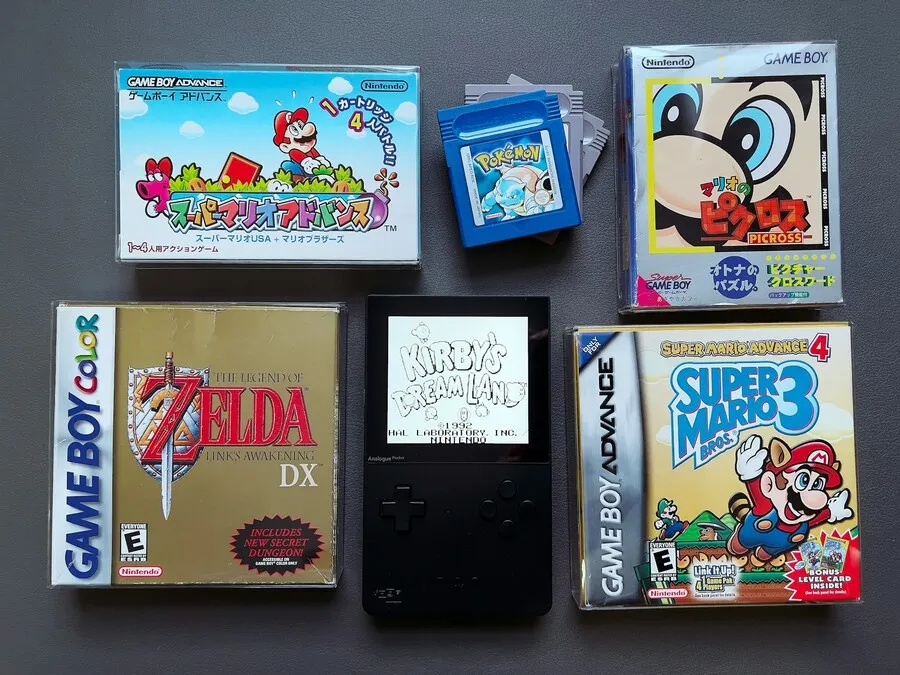It seems increasingly likely that cloud computing will revolutionize the way in which we receive and consume our personal entertainment. A number of industries are already investigating the ways in which they can harness the cloud to provide us with rich-media content through a variety of internet-enabled devices.
However, it is the games industry which seems to be embracing the cloud in the most forward-thinking and practical ways.
By digitally providing access to games and game-related services in the cloud, like in-game shops, consumers get the experience they want, when they want it. Publishers, on the other hand, manage to remain in control of their property. They can govern the rules in which gamers receive access and play. This includes how much users have to pay for their services.
Using the cloud to access games on-demand also has other benefits that are sure to be exploited in the future. These include the method of delivery to gamers and how publishers intend to make their profit.
Delivery over the cloud
Some believe that the gaming future will be led by platforms which care less about what specification a computer user might have and more about how fast their internet connection is. Several platforms of this kind are already in existence.
Both Gaikai and OnLive promise on-demand full video game streaming services either from a PC, or even an internet-enabled television.
The technologies behind these services rely on the rendering and processing power of a managed private cloud server to deliver the game to a user’s machine. Thanks to this, it means that even a low-end PC can run the latest high-end gaming experience – rivaling even that of a fully-fledged games console.
However, because they rely on the speed of the user’s broadband, the quality of the gaming experience is limited to maximum upload and download speeds. Until the UK is guaranteed consistently-high broadband speeds, it’s unlikely that the technology will be widely adopted for a ‘premium’ games experience.
Many believe that services like these are the future of gaming; the ones that remove the need for expensive hardware and software retailers altogether. Cloud gaming of this sort is much more conceivable when we consider the possibility that internet-enabled televisions could one day become the norm.
Monetizing online gaming
Another driving factor in the future of cloud-gaming concerns itself with how games publishers intend to make money.
Should the majority of gaming take to the cloud, then it’s possible that games publishers will one day stop paying bricks-and-mortar retailers to sell their products to the public altogether. This way, then the publisher has complete control over the price of the game, the access rights and discounting options.
Therefore, instead of games retailers, it is expected that there will be more gaming platforms-as-a-service (PaaS), or gateways, whereby users access a central hub and decide what content they want from a variety of publishers.
Such as system is already in place, with services like ‘Steam’ from renowned video game developer Valve. Arguably, Microsoft’s ‘Xbox Live’ service on the Xbox 360, and Playstation’s ‘Playstation Network’ already offer this kind of hub too, providing links to full-retail release length games – as well as indie developer content.
Aside from games, these platforms also offer access to other rich content like videos and music from providers such as the BBC, LoveFilm, Netflix, YouTube or LastFM.
Monthly subscription fees and micro-transactions, which enable players to purchase in-game content, are also going to steer gamers to the cloud.
Several titles today, most notably MMORPG’s (massively multiplayer online role playing games) like ‘Warcraft’, rely on gamers paying a recurring fee just to access the game. Meanwhile, developers also entice gamers to advance their characters more quickly through purchasing items designed to make their characters stronger.
Considering these two areas alone, it’s clear that the cloud could have a significant role in the future of online gaming; offering both gamers and publishers clear benefits to move away from tradition console gaming. It seems that it is only a matter of time until the delivery of these services is fast enough to satisfy the speed that gamers need, whilst then enabling publishers to charge the fees they really want.
















